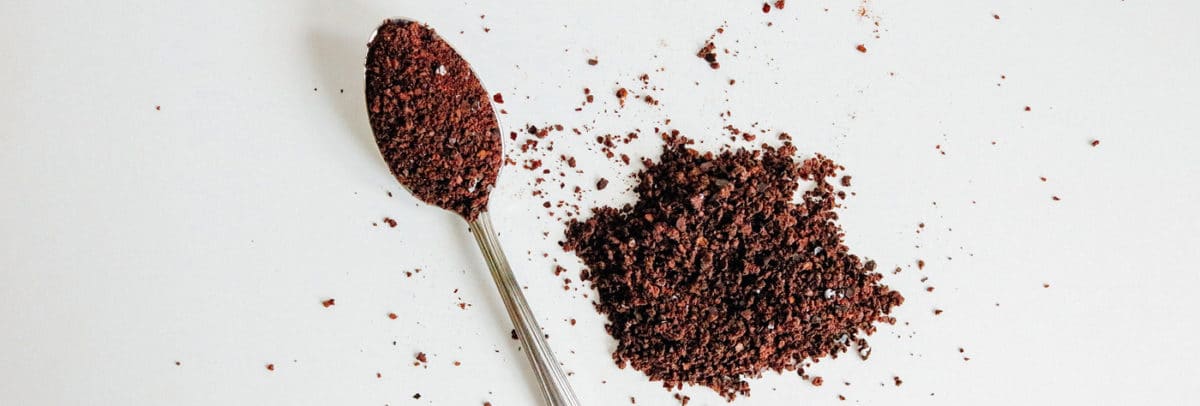
The Truth About Instant Coffee
Instant coffee made its first appearance over a century ago. Since its conception by George Constant in 1904, it’s been hailed as both hero and villain, and the controversy is far from over.
Though instant coffee was developed in the 1900s, it didn’t take off until WWI and WWII. GIs became its first and fiercest defenders, calling it “a cup of George,” in honor of its inventor.
The trenches weren’t the best environment to brew fresh coffee, and soldiers didn’t need to carry any extra equipment to brew themselves the coffee, which made them more alert and arguably, saved lives. Instant coffee was also lighter, took up less space, and had a longer shelf life, making it a winner for the US army in both wars.
After WWII, instant coffee really took off. It was at the time when fast food and canned diners were created, so instant coffee fitted right in.
The fifties was a time when ‘ergonomics’ and faster and more efficient ways of doing everything from washing to sweeping were very much in vogue. People loved the idea of this new, fast, no-fuss product. Advances in the technology and production processes greatly improved its taste.
Flash-freezing was developed by Nestlé. Coffee concentrate was brewed and immediately frozen in vacuum conditions, removing all moisture and leaving only the end product.
Another production process involves spray-drying, where the same concentrate is sprayed into heated air as a fine mist, drying almost instantaneously. These two processes revolutionized the taste and composition of instant coffee, giving us the product we see today.
According to biochemists, the process involved in making instant coffee has the benefit of concentrating some anti-oxidant compounds even more than in fresh coffee. Instant coffee has also been linked to decreased type 2 diabetes incidences in a 2006 study, and has many other health benefits, especially for the liver – findings that were confirmed by the World Health Organization in 2016.
A Question of Taste?
Today, instant coffee has many health benefits and quality instant tastes like ground coffee too. Detractors of instant coffee pointed to the taste difference between the two, but the reason behind this difference in taste is the variety of coffee used to make instant coffee rather than the product itself.
There are two main types of coffee beans in cultivation worldwide: Arabica and Robusta.
Arabica has a sweeter taste and is much smoother to the palate than Robusta. It is less bitter and more aromatic due to lower caffeine content and more complex chemical composition. It is the bean of choice for coffee aficionados the world over.
There are problems with Arabica, though. The first is that it is much more difficult to cultivate, than Robusta, since it is less hardy. It is also a less productive plant, making it much more expensive than its sister bean.
Robusta has almost double the caffeine content of Arabica, is hardier, and more insect resistant. It is easier to cultivate and can support less-forgiving climates. With a high bean yield to boot, and a more rapid growing cycle that produces several harvests a year, it’s no coincidence that instant coffee producers prefer it over the more aromatic but pricier Arabica.
There has also been controversy about the environmental and social consequences of the big coffee companies buying in bulk, and in some cases, exploiting poor producers. This public concern prompted many coffee brands to carry fair trade labels that have helped to improve conditions for many growers.
Even though Robusta is the base for most instant coffees, the manufacturers are making changes. There’s a movement to move instant coffee forward as customers are willing to pay higher prices for quality and variety. Instant coffee is leaving its ‘lower quality’ reputation behind.
Manufacturers are also experimenting with new bean configurations that allow for higher Arabica content. The best ones use organic coffee as a base ingredient, such as our fair trade instant freeze organic coffee.
Many new types of instant coffee have come onto the market in the last couple of decades, and the big conglomerates like Nescafé and Maxwell House are beginning to lose market share. They drove coffee prices down so far that new players were able to enter the market.
The resulting competition has pushed the technological limits of instant coffee once more, making today’s product a wonder of taste and technological ingenuity. Everyone has their own way of brewing their ideal coffee, and even if you see yourself as a traditionalist and fresh coffee connoisseur, there’s no need to compromise on taste when you want the convenience of instant.
If you’re a more modern, hip, instant coffee advocate, then keep sharing the love! Instant coffee deserves it.
~ We currently offer two Organic Instant Coffees ~
Certifications : USDA Organic, Fair Trade, Non-GMO, Kosher


